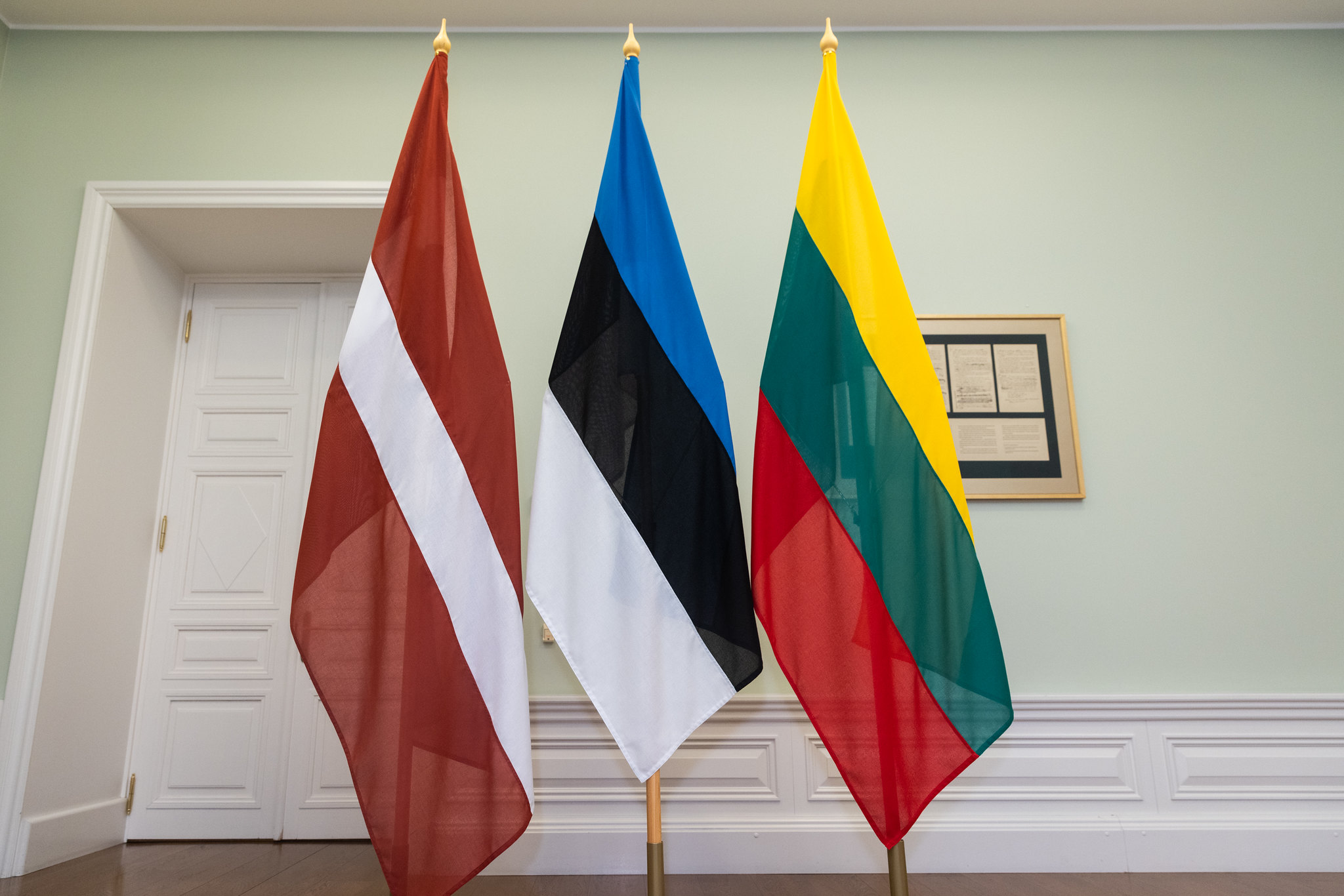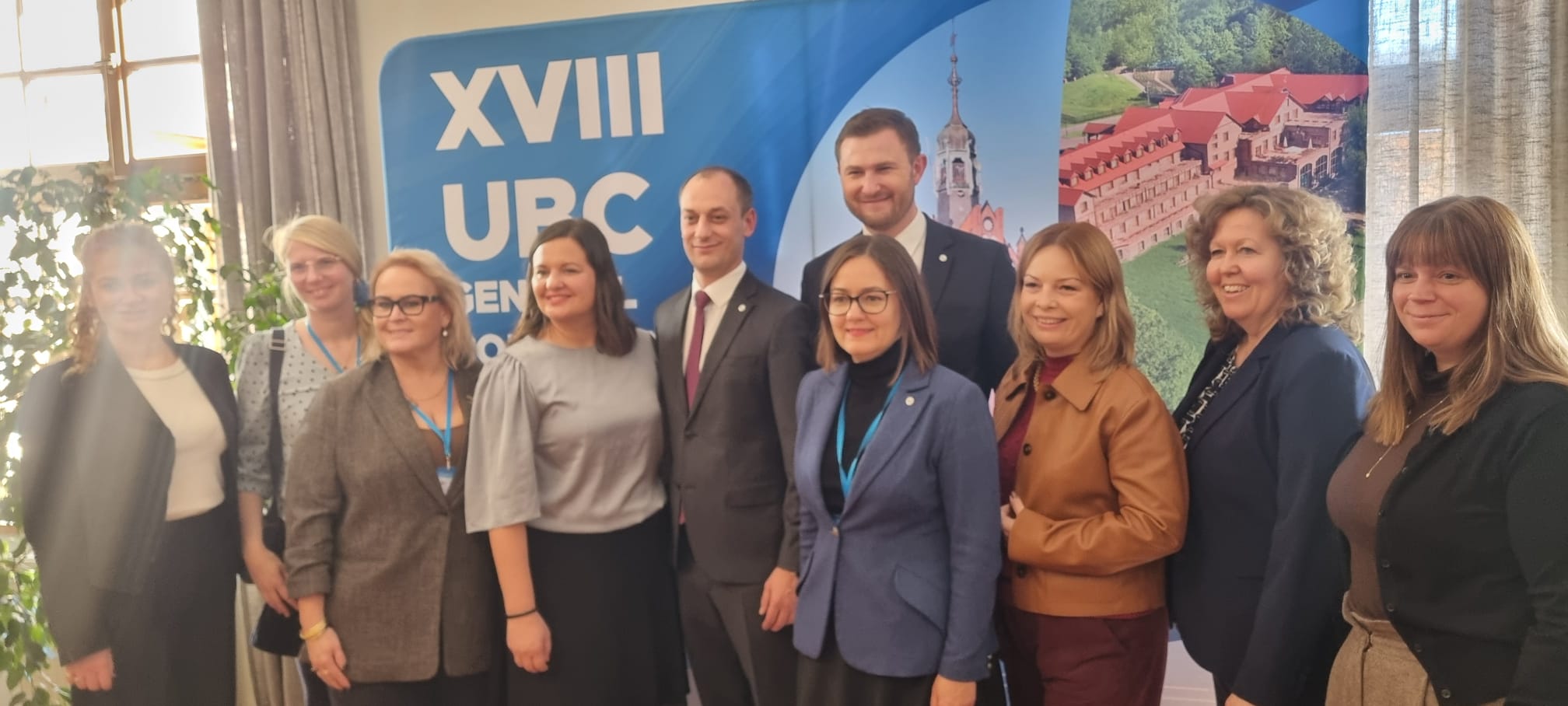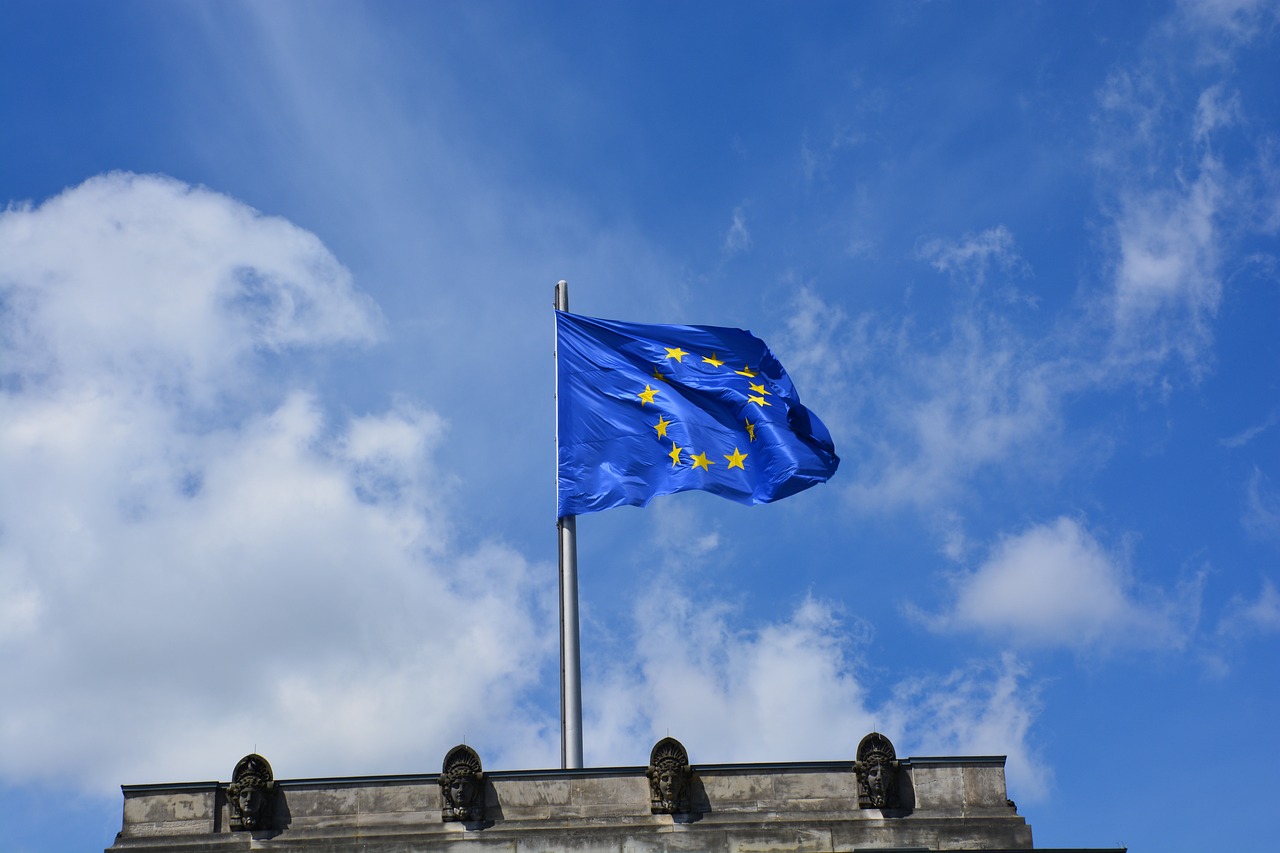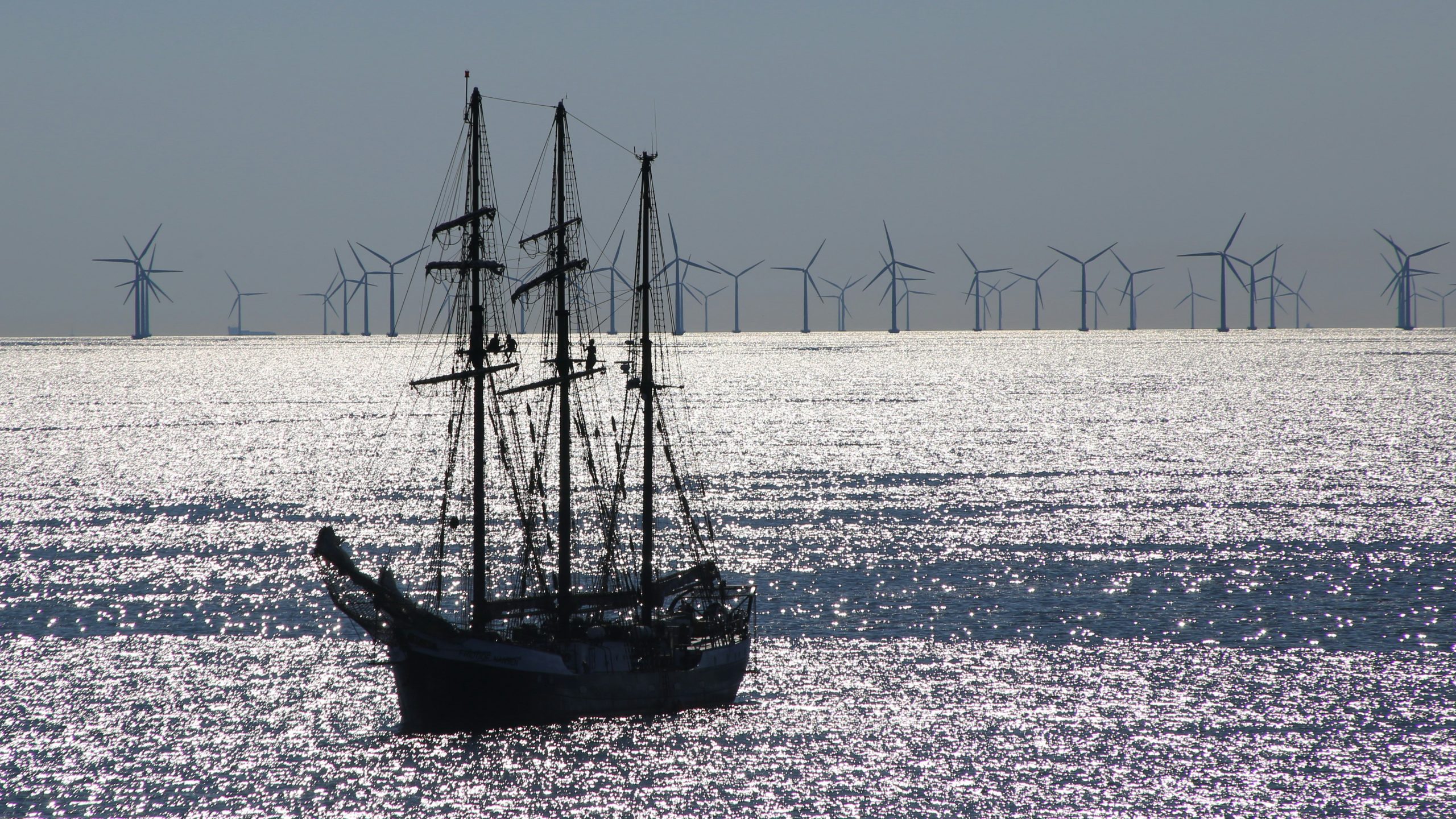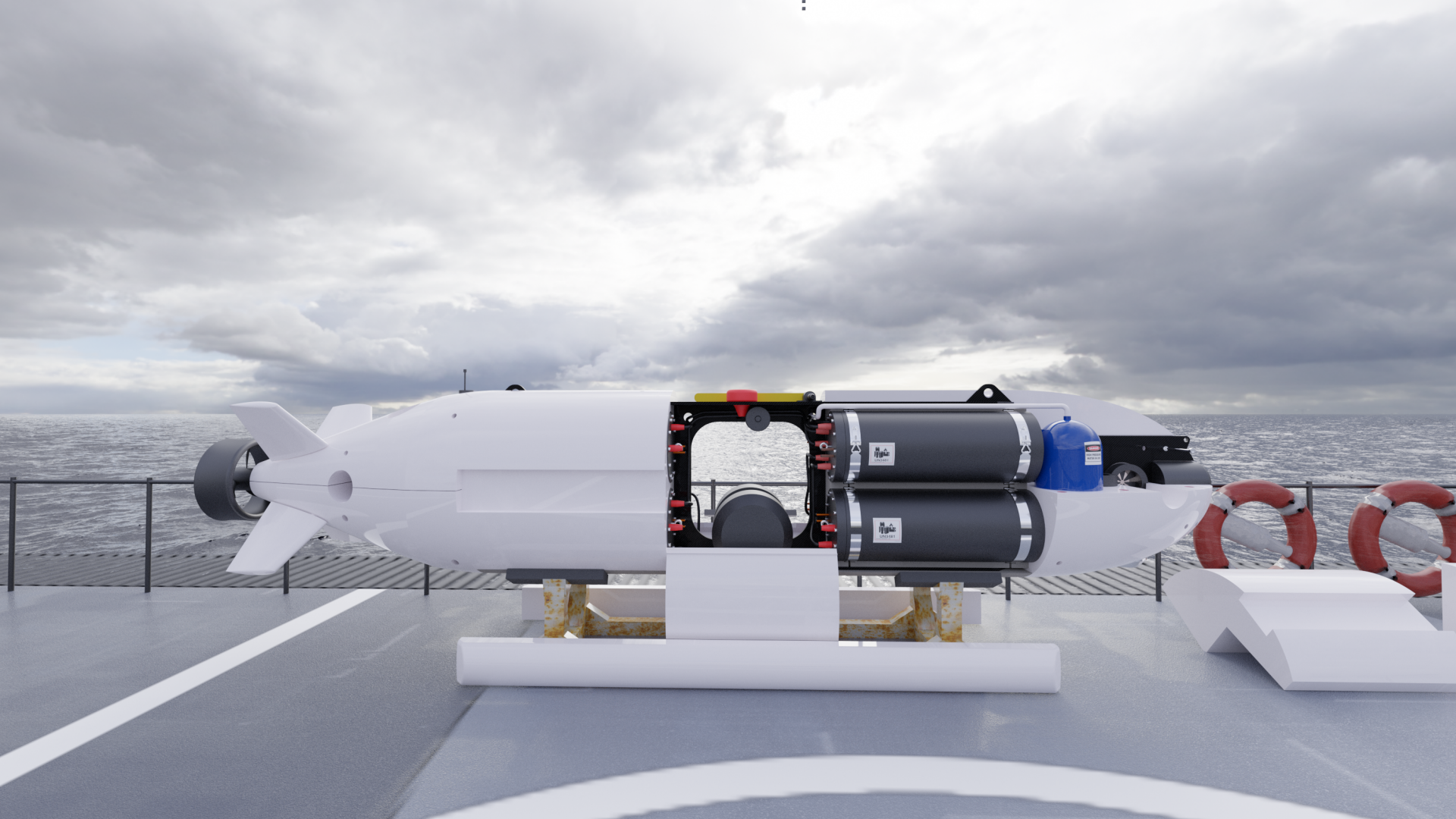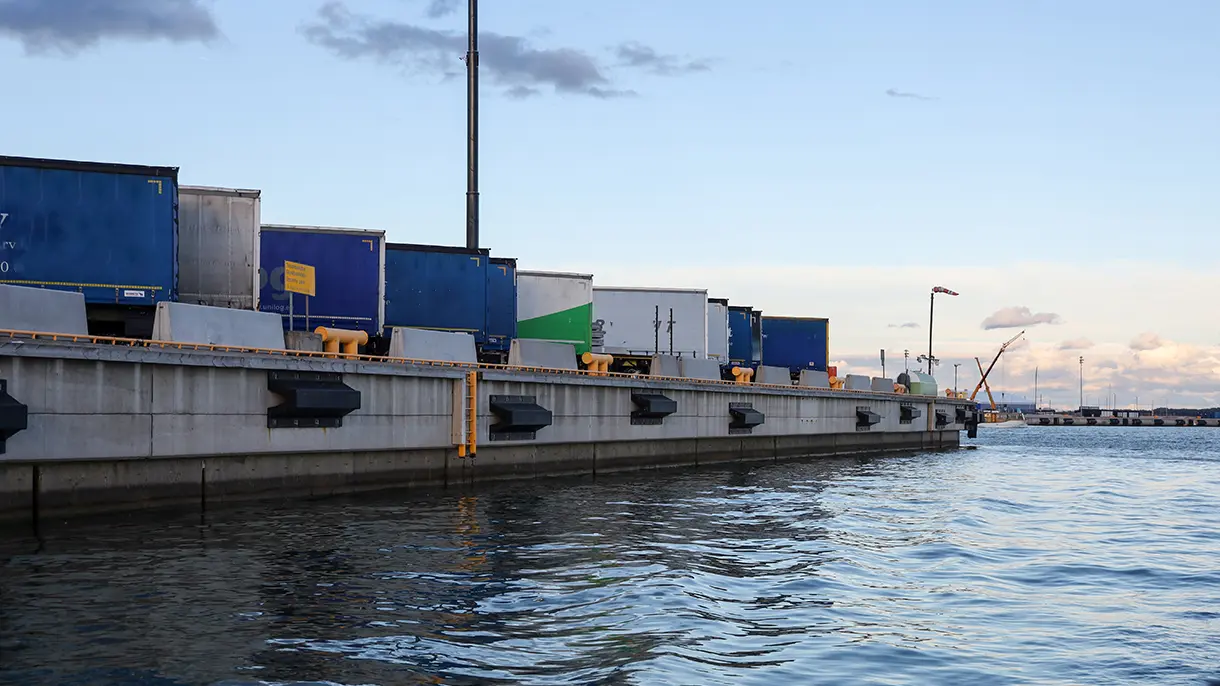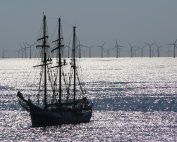On June 13, 2024, the Prime Ministers of Estonia, Latvia, and Lithuania released a joint statement commemorating the 30th anniversary of the Baltic Council of Ministers. This milestone highlights three decades of robust cooperation that has not only strengthened the unity and independence of the Baltic States but also enhanced their geopolitical influence and economic prosperity. The commitment to energy sector development, particularly in renewable energy, aligns with the shared goals of sustainability and security, making the Baltic States exemplary leaders in regional and European energy initiatives.
Founded in 1994, the Baltic Council of Ministers was established to foster confidence, cohesion, and cooperation among the Baltic nations. Over the years, this alliance has facilitated significant contributions to regional stability, security, and economic development. It has also played a crucial role in integrating the Baltic States into broader European structures, notably the EU and NATO, thereby ensuring the Baltic Sea region remains a secure and thriving area.
The Prime Ministers’ statement poignantly reflects on the current geopolitical landscape, marked by Russia’s aggressive actions against Ukraine. The Baltic leaders reaffirm their unwavering support for Ukraine, underscoring the importance of Ukraine’s victory and future membership in NATO and the EU as pivotal for enduring peace and stability in the Euro-Atlantic area.
The statement emphasizes the continued commitment of the Baltic States to develop the energy sector. The Prime Ministers highlighted that the Baltic Council of Ministers will persist in its efforts to enhance defense and security, promote economic growth, and advance the energy and transport sectors. This includes the ongoing development of offshore wind energy projects, which are critical for achieving energy independence and sustainability in the region.
The dedication to energy cooperation among the Baltic States is a significant takeaway. As the region continues to innovate and invest in renewable energy, such as offshore wind power, the Baltic Council of Ministers will undoubtedly play a pivotal role in fostering these advancements. This cooperative approach not only strengthens regional energy security but also contributes to the broader goals of the European Green Deal.
Prime Minister of Estonia Kaja Kallas, Prime Minister of Latvia Evika Siliņa, and Prime Minister of Lithuania Ingrida Šimonytė have reaffirmed their nations’ dedication to working together for a strong, prosperous, and energy-secure Baltic Sea region.
